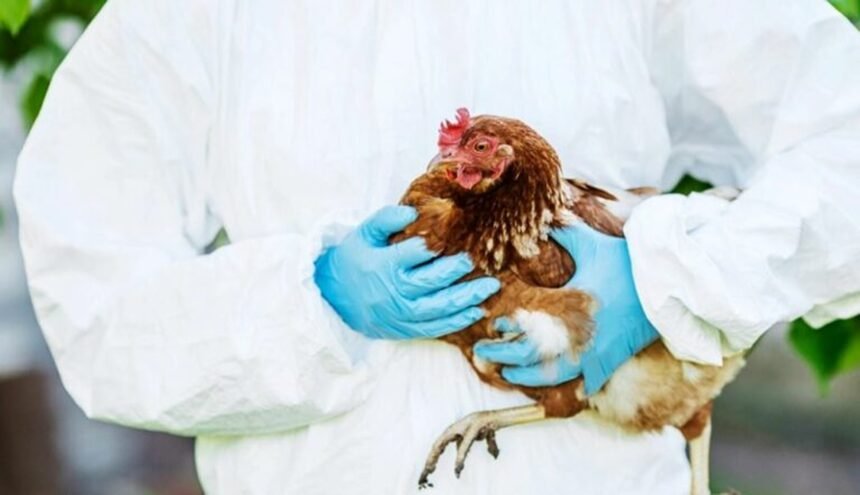Europe is facing one of the most severe waves of avian influenza in nearly a decade, according to the latest report from the European Food Safety Authority (EFSA).
Between September 6 and November 14, 2025, a total of 1,443 cases of the highly pathogenic HPAI A(H5) virus were recorded in wild birds across 26 European countries—a fourfold increase compared to the same period in 2024, marking the highest number since 2016.
Waterfowl appear to be the most affected during this latest outbreak, with the virus even detected in birds that seemed completely healthy. Experts warn that this indicates widespread environmental contamination and a much stronger virus circulation than previously anticipated.
Countries including Germany, France, and Spain have reported significant outbreaks, raising concerns about potential long-term impacts on local bird populations.
The increasing spread of the virus among wild birds also raises the risk of transmission to domestic poultry farms and the possibility of new viral mutations. While the risk to humans is still considered low, veterinary and food safety authorities across Europe are intensifying epidemiological monitoring and biosecurity measures to prevent further spread.







